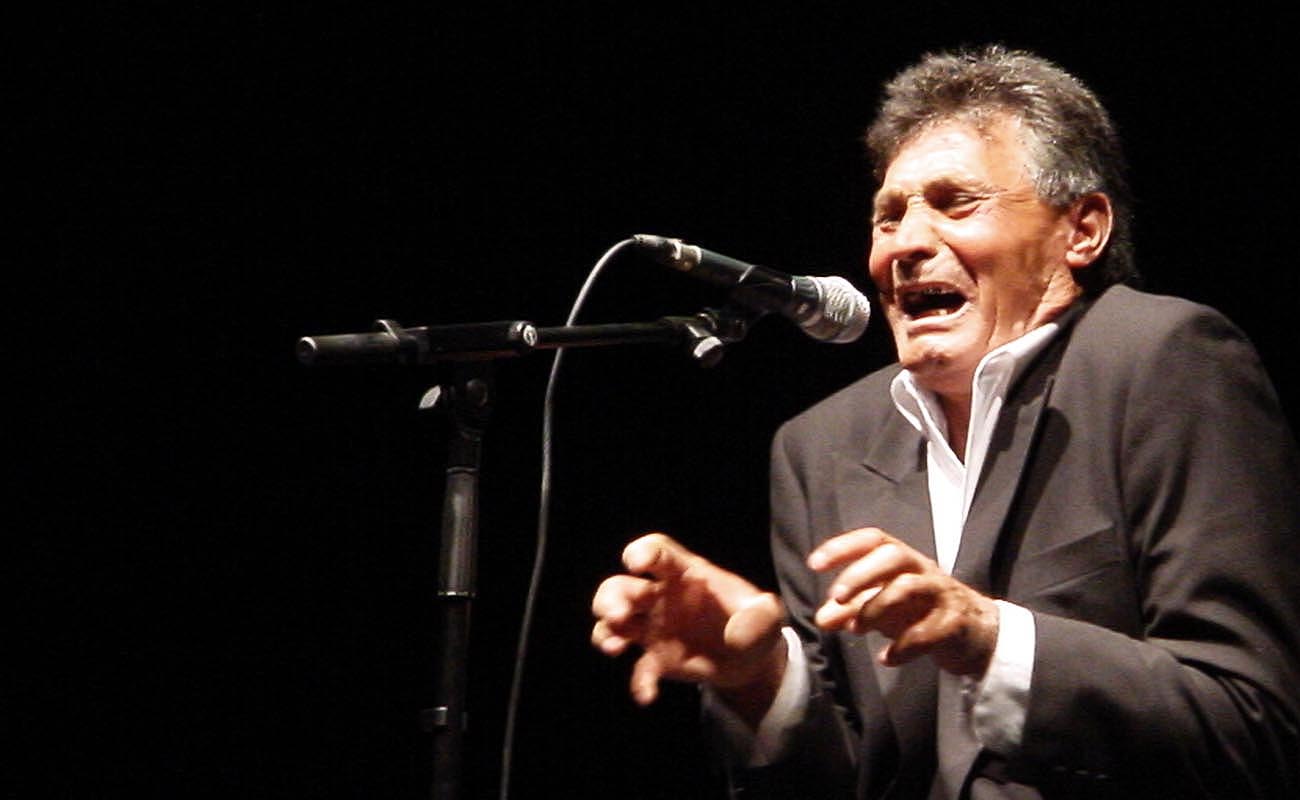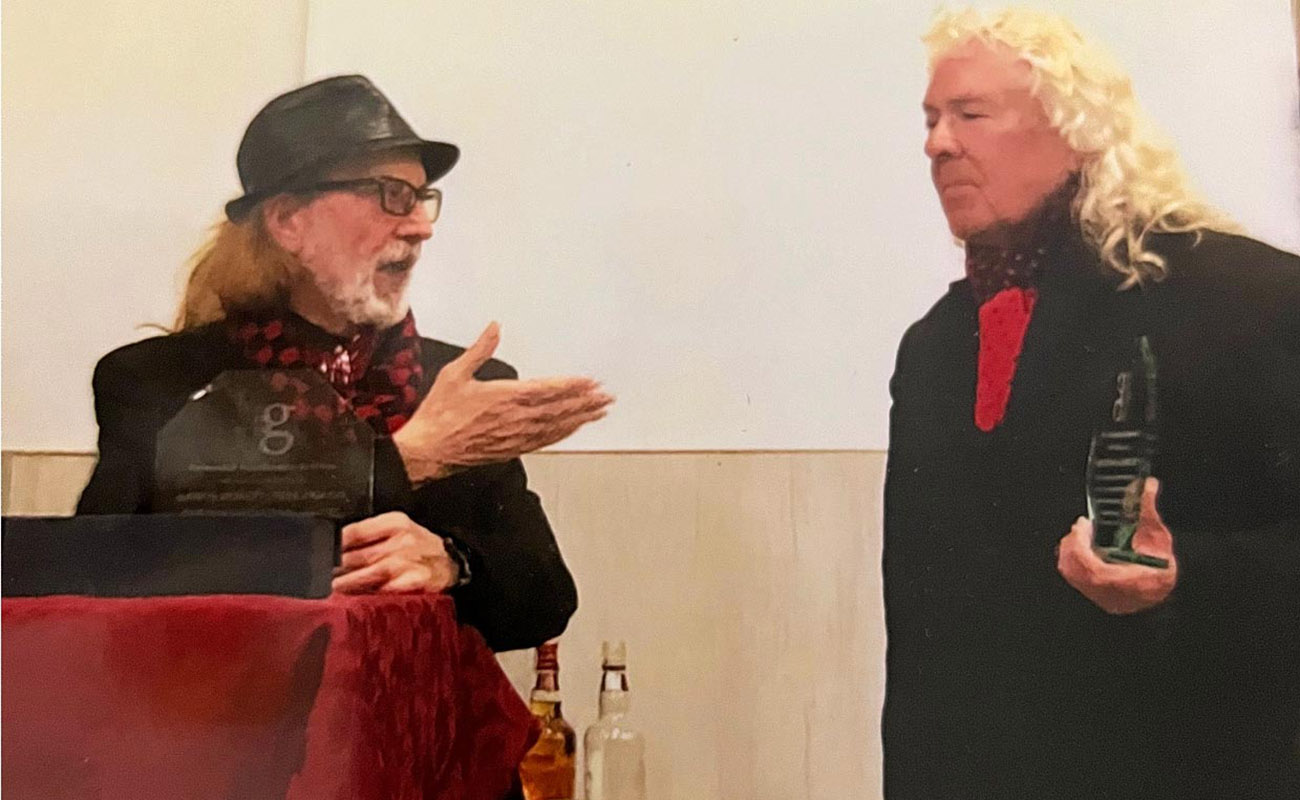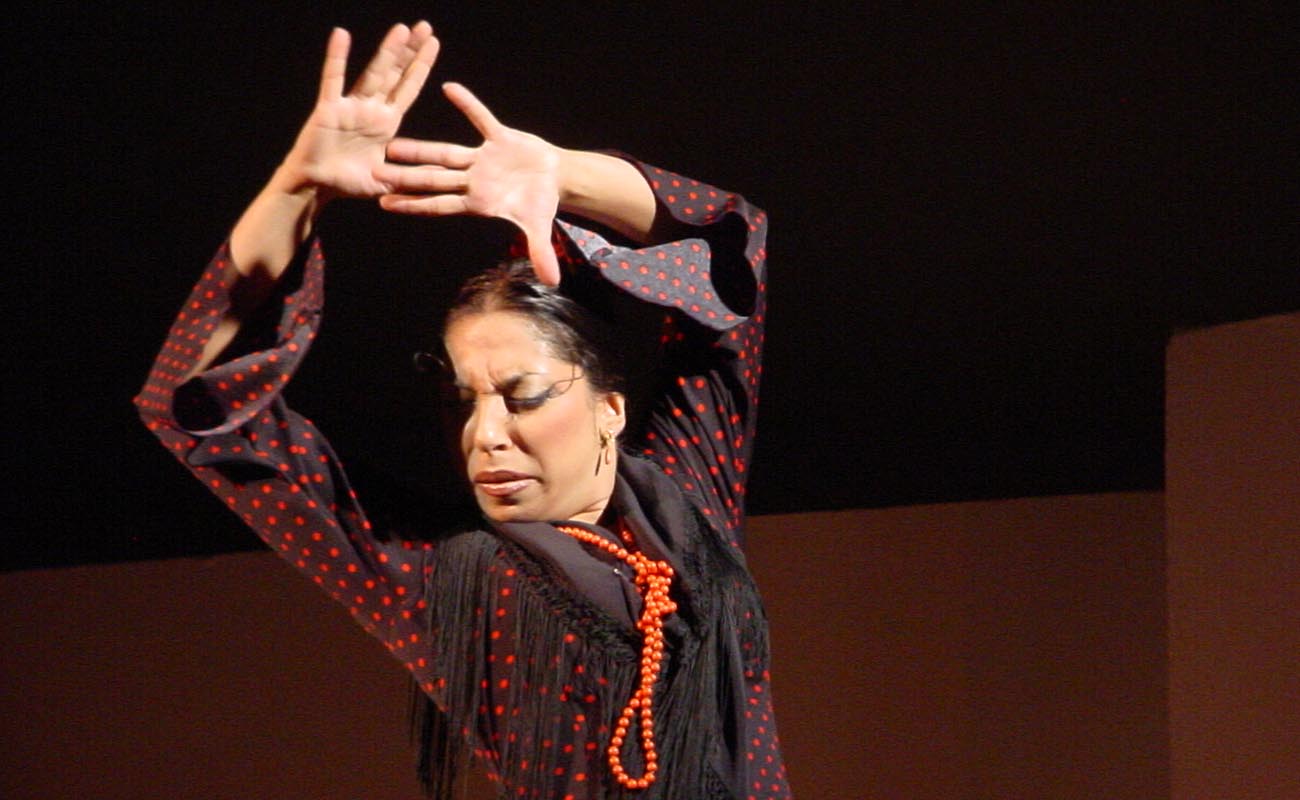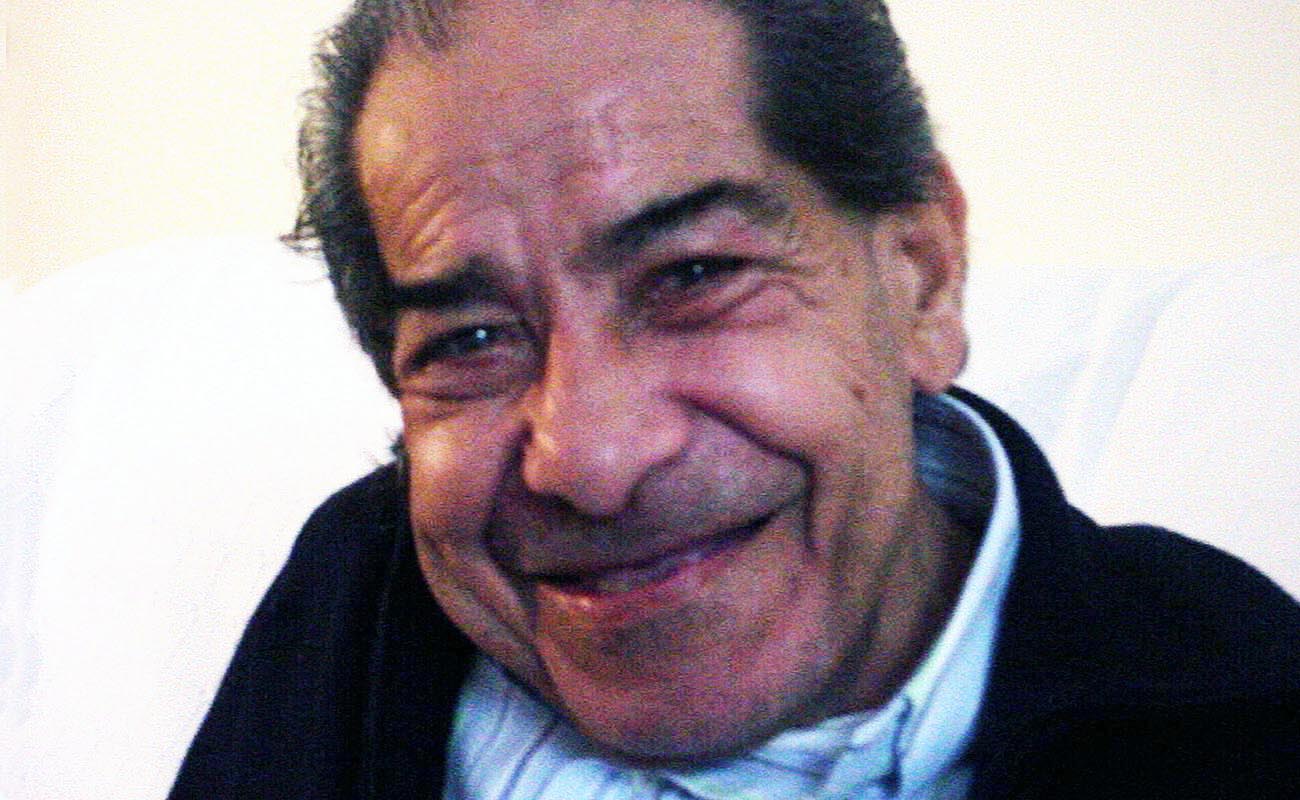What is ‘duende’? Does it even exist?
When the duende is upon you, it’s a private personal state, not some all-enveloping cloud that resets the human psyche in any specific way. The greatest moments of personal enlightenment may go unnoticed by anyone other than oneself.

One of my first jobs in flamenco was on 14th St. in New York City for the opening of a beauty parlor called Duende. There being free potato chips and sangría, the small shop filled with members of the New York Hispanic flamenco crowd, and curious passers-by. After our little performance, people asked what the name of the shop meant. At that time, six decades ago, I didn’t know what to answer. The funny thing is, I still don’t.
In the year 2023, people now consult with our imaginary friend AI (Artificial Intelligence), to have its opinion: “In the context of flamenco, duende is highly valued, and is considered a sign of an exceptionally powerful and authentic performance”.
According to the RAE, the academic body that oversees Spanish language usage and vocabulary, duende can be defined as “mysterious and ineffable enchantment”. In a flamenco context that definition might be stretched to refer to the intense energy often present in flamenco dance, guitar-playing and particularly singing.
Some years ago I had the opportunity to converse at length with composers and musicologists Antonio and David Hurtado regarding the meaning of duende in flamenco. We had similar thoughts on the subject. Musicians know that every artistic endeavor has those precious moments when things click, a fresh dimension unfolds in beautiful harmony with the world, and you feel fulfilled. The Hurtado brothers agreed it’s an absurd conceit to think only flamenco interpreters really feel what they do, or reach the pinnacle of self-expression. Did Montserrat Caballé not think she was touching people’s souls with her singing? Tom Jones? Miriam Makeba? Edith Piaf? Lorca said this in his famous lecture, Teoría y Juego del Duende: ”All art-forms, and even countries, have the capacity for duende and inspiration”.
When the duende is upon you, it’s a private personal state, not some all-enveloping cloud that resets the human psyche in any specific way. The greatest moments of personal enlightenment may go unnoticed by anyone other than oneself. You struggle to remember the moment, but it quickly melts away as the rhythm keeps pulling you along. Conversely, if you spend an entire show thinking about what to make for lunch the following day, while muscle memory carries you through the soaring and lurching of a performance, effusive applause and standing ovations might flow freely. It’s unpredictable, and depends more on what audience members and performers had to drink, the type of venue or how much money is flowing. I don’t mean to trivialize the work of great artists, merely de-mystify the concept of duende.
Consider this… Singers are usually the individuals who have preference re duende. Traditional flamenco singing is forceful and requires lung power. The most demanding forms have you singing prolonged high tones which quickly depletes the lungs of oxygen, possibly triggering the singer’s momentary light-headedness, or brief moments of reduced consciousness. Maybe that’s the elusive duende…or maybe it’s hyperventilation, depending on the interpreter. Here’s what a rebellious Paco de Lucía said in 1971 at the age of 23: “There are these flamencologists who only see the fantasy of moonlight, of gypsies with dark eyes and olive-colored skin…in a word, Lorca. That’s not the reality of flamenco. I’m a reality of flamenco, and I feel much better with that reality than all those people with all their poetry”.
Perhaps we should ditch the concept of duende altogether and look in the direction of the festeros. I’ve long believed that supposedly “lite” flamenco, isn’t lite at all when handled by great interpreters such as Funi, Anzonini or Valdepeñas. The greatest masters of the most dramatic forms such as siguiriyas or tonás, nearly every one of them was a superb festive singer and dancer. A short list includes Juan Mojama, Terremoto de Jerez, Antonio Mairena, Gaspar de Utrera, el Lebrijano, El Torta… To me that suggests a certain emotional predisposition.
Anthropologist and flamenco investigator William Washabaugh once wrote in a private exchange that “flamenco incorporates death in life, making it voluptuous”. I would add that flamenco is, after all, an attitude and a philosophy that bravely takes on the reality of life, cultivating intimacy with pleasure as well as pain, managing somehow to enjoy both…as duende sneaks in the back door.




